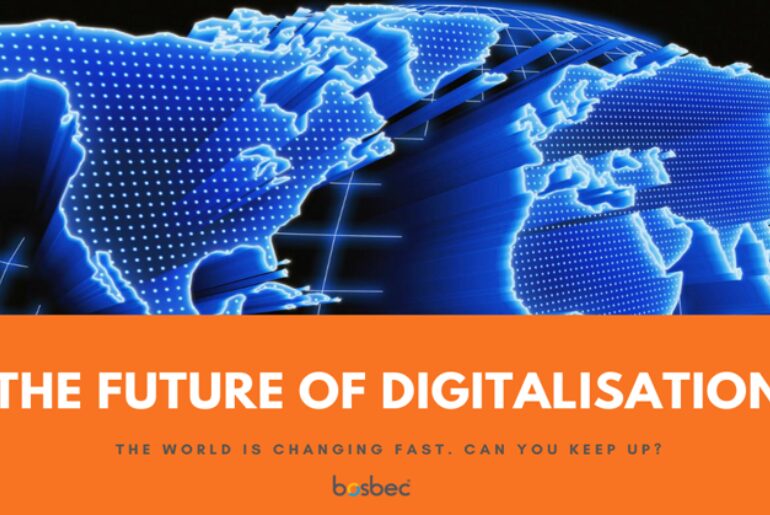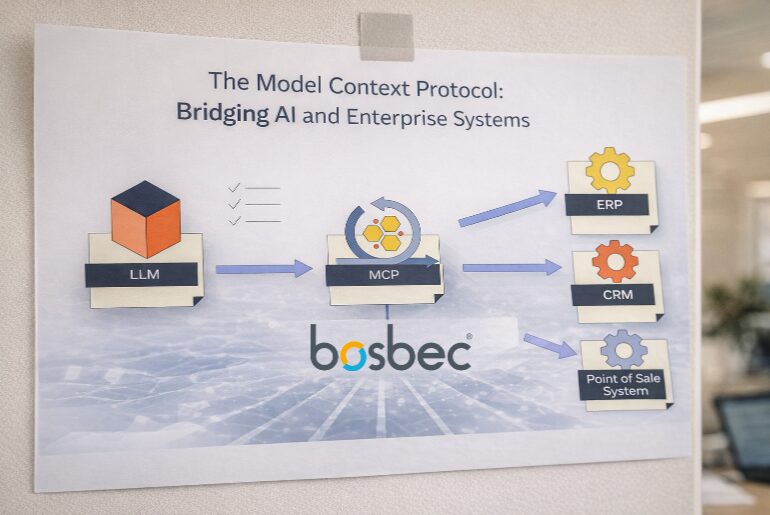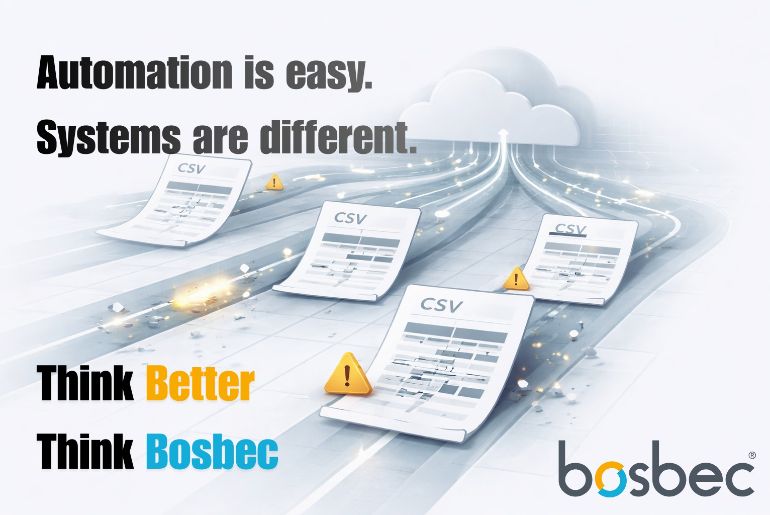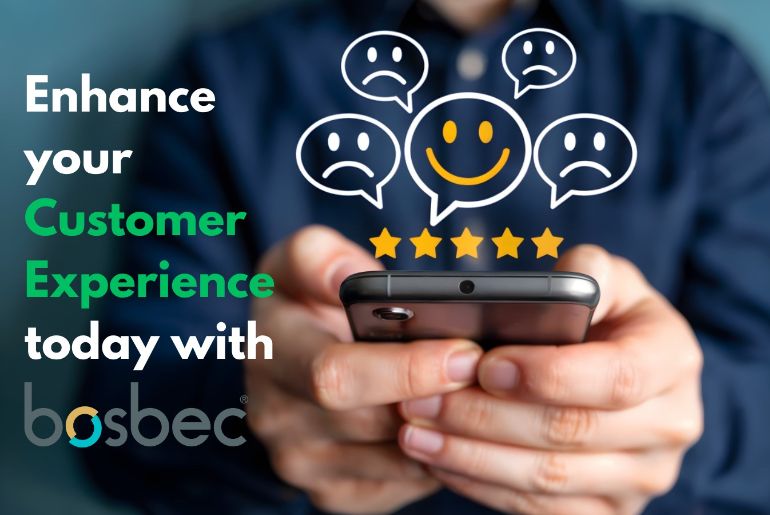We live in unprecedented times – do you agree? In the new white paper from Bosbec, we will discuss the urgent necessity to adopt new digital strategies and find new solutions online in order to thrive and survive as a business and society. Your digital tools need to become an axiomatic part of your business and function with such ease that everyone can take ownership of the digital aspect while planning the roadmap for the future. The solutions are out there, and with this white paper, we want to open your eyes on how to approach a new strategy in the best possible way.
Aside from the fact that this year has brought changes in a way we haven’t experienced in a long time – businesses being forced to change their entire business models, borders shut and the usual way we’ve led our lives being reshuffled – there’s no denying that the speed of change have been escalated during a long time coming. What you believe to be cemented truths today may just as well be subverted by tomorrow.
The urgent need of a broader and faster digitalisation of the society is what everyone seem to be in agreement on. The digitalisation of our society has been happening for a long time and is by no way initiated by the Covid crisis, but what the pandemic clearly has shown is that the outcome for the businesses that already had an established and well-run platform online have come out of the crisis even stronger than before. The tech giants – Amazon, Zoom, Netflix – that base their livelihood on a digital commodity, or at least relying on a digital marketplace as the distributor for the physical items, have skyrocketed and reached record revenues.
There is an undeniable need to have a dynamic mindset and open up your thoughts to new possibilities. Business is not as usual and to get ahead in the new business landscape you need to be willing to wipe all notions on how things usually are done in favour of innovation and new ideas. It’s scary and sometimes challenging, but ultimately rewarding to realise that everything that we have in our hands are not fixed and could be moulded into something completely new, ground-breaking, world-changing.
The obstacles that face organisations while planning their digital roadmap are often manifolded, but some typical examples include a lack of information – an information gap that easily prevents that very first step and make the entire project seem impossible. Financial investment is another obstacle – or rather the fear of it. The lack of knowledge of what’s on the market makes it seem impossible to forecast an estimated cost and oftentimes drive the myth that any investments or change will be dangerously expensive. Another obstacle is the cybersecurity online. We have seen a surge of cyber attacks during the worldwide lockdown – how will you know how to protect your business’s systems if you don’t fully know how they function in the first place?
While there are many obstacles, there are even more possibilities. There are people with enormous skill-sets that make these things happen, and there is an abundance of platforms and tools that can help you along the way. A digital transformation doesn’t need to be something massive and scary, and it doesn’t need to be something that will rip out all your current systems and turn your world upside down. You can start small by finding the auxiliary tools and programs that support new features. Tweaks that one by one, make your business more easily run and profitable. More agile and dynamic in times of great flux.
The digital journey should include everyone and not be limited to a small number of people within the IT department. With the right tools, your entire workforce can become creators and empowered by the endless possibilities that the digitalisation offers. An empowerment that eventually leads to stronger organisations and more resilient businesses.







